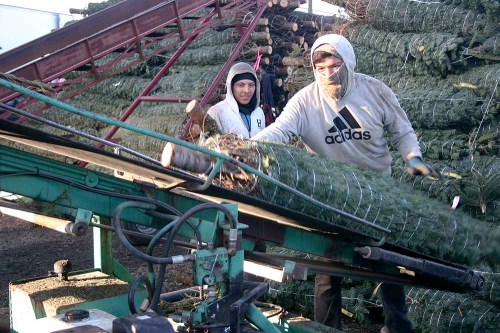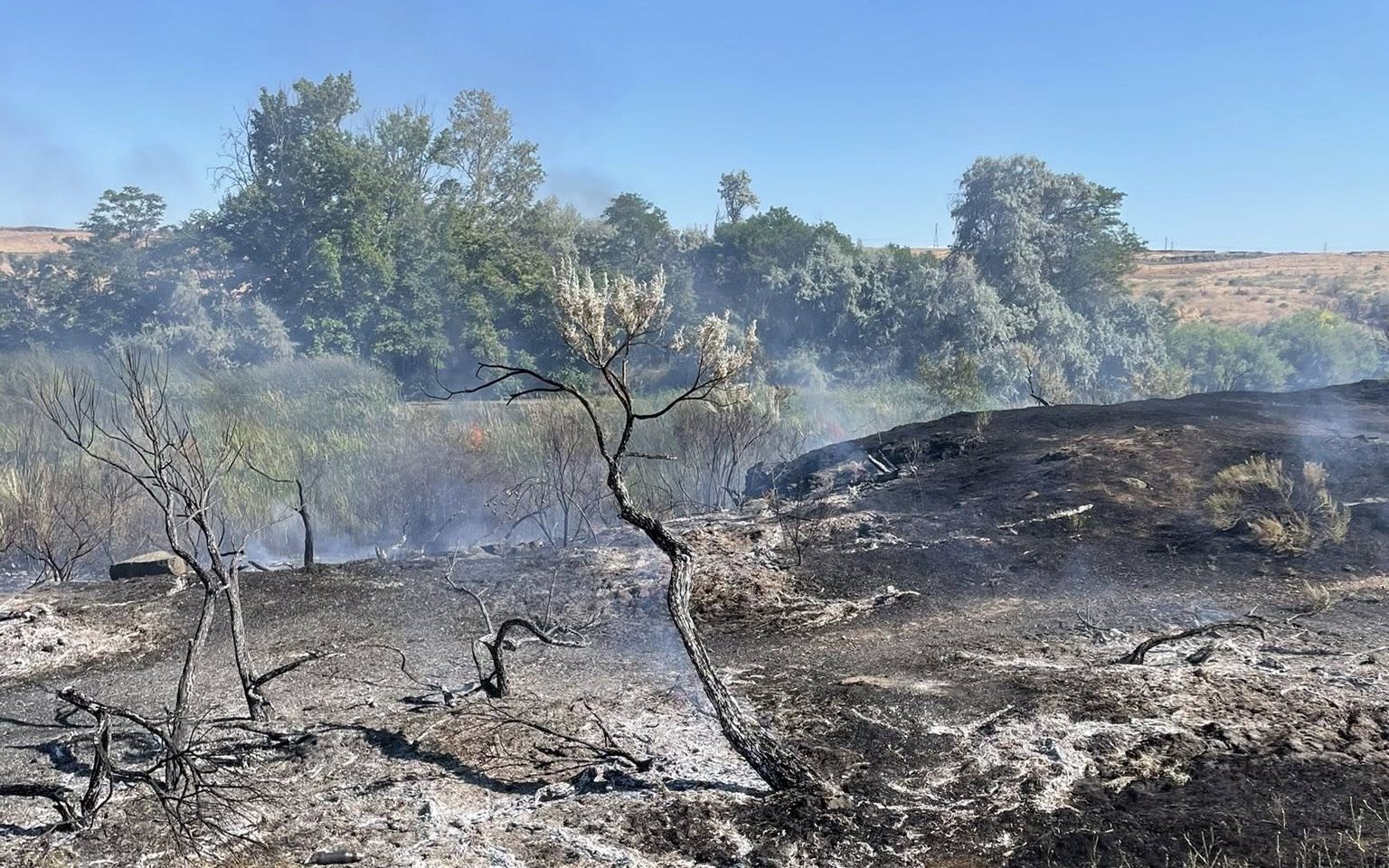Christmas tree growers grapple with tight supplies
Published 9:00 am Friday, December 6, 2019

- Workers load Christmas trees into a truck on Dec. 2, 2019, at BTN of Oregon near Salem.
SALEM — A large semitrailer backed into the outdoor shipping yard on Monday afternoon at BTN of Oregon, where workers loaded tightly wrapped Christmas trees for delivery to stores and tree lots from California to Texas and across the border into Mexico.
BTN of Oregon grows approximately 2,500 acres of Christmas trees east of Salem, including popular Noble and Douglas firs. Business is moving practically nonstop as the calendar flips to December.
“A lot of praying goes on this time of year,” said Ben Stone, president of the family-owned company. “A lot of sleepless nights.”
Tight supplies are again challenging Christmas tree vendors as the industry continues to recover from a massive glut of cheap trees in the mid-2000s that caused wholesale prices to crash, forcing hundreds of Northwest farms to go out of business or switch to less labor-intensive crops.
Stone, who runs BTN of Oregon with his brothers, Tyler and Nathan, said they are receiving calls daily from people they’ve never talked to before looking for trees.
“We just can’t help,” Stone said. “It’s unfortunate.”
Oregon is the leading producer of Christmas trees nationwide, with 383 licensed growers selling about 4.6 million trees in 2018, according to estimates from Oregon State University.
That is down significantly over the last decade, when there were more than 750 growers producing 8 million trees each year.
Chal Landgren, a Christmas tree specialist for OSU at the North Willamette Research and Extension Center, said there are fewer trees available now to keep up with the usual demand.
“We’re coming off a period where too many trees were planted and a lot of growers have gone out of business because of the boom-and-bust cycle,” Landgren said.
As supplies have dropped, the average price for trees has also increased. Sales data from the National Christmas Tree Association show that, between 2015 and 2018, retail prices rose 23% from $62 to $73 — including a 5% jump last year.
Landgren said the 2019 market is looking a lot like 2018, and he doesn’t see much relief on the way. The situation was compounded by unusually hot and dry summers in Oregon’s Willamette Valley the past two years that led to higher seedling mortality rates for trees, he added.
“Most Christmas trees are grown without irrigation,” Landgren said. “Growers who had particularly a large amount of Noble fir that was planted … they had real high mortality rates. Some people lost their entire plantings for those years.”
Driving around the area, Landgren said families should still have plenty of options at U-cut tree lots, though he recommended getting out early to find the perfect tree.
In addition to the wholesale venture, BTN of Oregon operates a U-cut Christmas tree lot named Tree Kings Farms. The lot celebrated its opening weekend the day after Thanksgiving, and will remain open through Dec. 22.
“We have a good supply of trees for the U-cut,” Tyler Stone said. “It’s definitely not an issue.”
Ben, Tyler and Nathan Stone took over the family business from their father, Mike, who got his start in the Christmas tree industry more than 60 years ago. Despite recent challenges, the brothers say 2019 was a good year for growing conditions, plentiful labor and transportation at the farm.
One major concern with the wholesale shortage is whether people will be driven to buy an artificial tree, Ben and Tyler said. The industry has supported a checkoff program of 15 cents per tree, which goes toward promoting and marketing live Christmas trees.
“We’re trying to get our message out there, that our product is more environmentally friendly than the China-made plastic (trees), he said.






